
EGFR+ NSCLC
Advertisement
Suresh S. Ramalingam, MD, FACP, FASCO, presented the data during a proffered paper session at ELCC 2025.
The study is evaluating regimens to prevent dermatologic adverse events in patients receiving amivantamab plus lazertinib.
Myung-Ju Ahn, MD, PhD, presented data from the study during the first proffered paper session of ELCC 2025.
Xiuning Le, MD, PhD, presented results from the ORCHARD trial at ELCC 2025.
Amivantamab plus lazertinib showed a statistically significant improvement in OS compared with osimertinib.
Final overall survival data from the phase 3 study demonstrated significant benefits for patients with EGFR-mutated aNSCLC.
The study is evaluating a prophylactic dermatologic regimen in patients receiving amivantamab plus lazertinib.
The CHMP positive opinion is supported by results from the phase 3 PALOMA-3 study.
Pending discussions with the FDA, officials say there are plans to submit for regulatory approval in the second half of 2025.
Dr. Liu discusses remaining questions, key considerations, and how the data might shape the field moving forward.
The approval is for the first-line treatment of advanced NSCLC with EGFR exon 19 deletions or exon 21 L858R substitutions.
The ORR of the external control group was 3%, while it was 36.8% in those who received amivantamab for NSCLC.
The FDA action date for its regulatory decision is anticipated during the third quarter of this year.
Dr. Liu shares his insights on the recent announcement that the phase 3 trial met its secondary endpoint of overall survival.
The phase 2 trial included patients who had advanced or metastatic NSCLC with actionable genomic alterations.
Sunvozertinib is an irreversible EGFR inhibitor that targets a wide spectrum of EGFR mutations.
The results may establish osimertinib as the new standard of care for EGFR-mutated NSCLC in a certain setting.
For patients with NSCLC and EGFR mutations, amivantamab plus carboplatin-pemetrexed shows OS benefits versus chemo alone.
The improvement in median OS with the combination treatment is “expected to exceed one year," officials said.
The study showed there was “preliminary evidence of central nervous system-anti-tumor activity” in some patients.
Advertisement

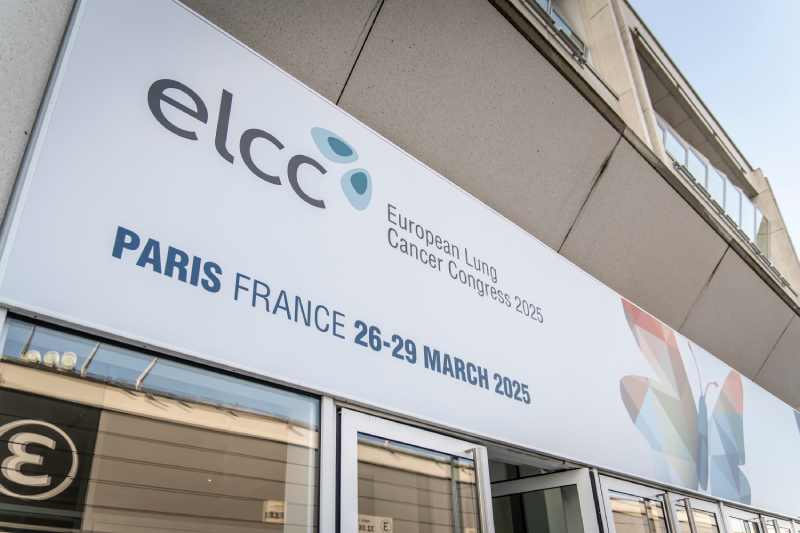

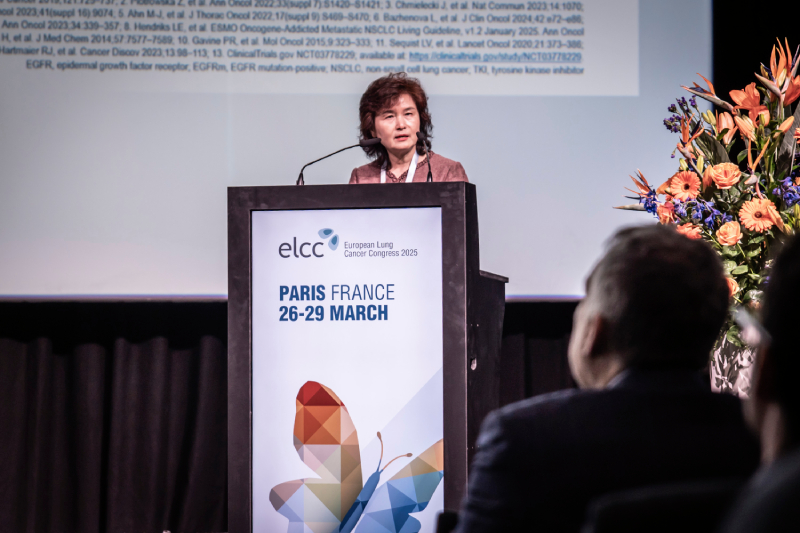
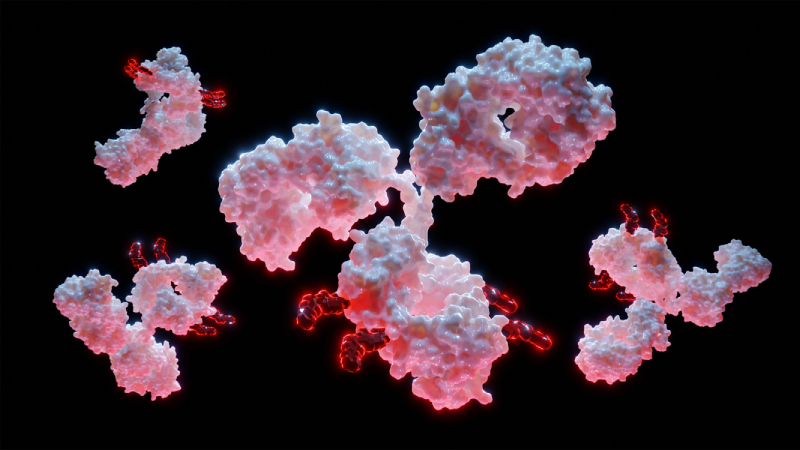
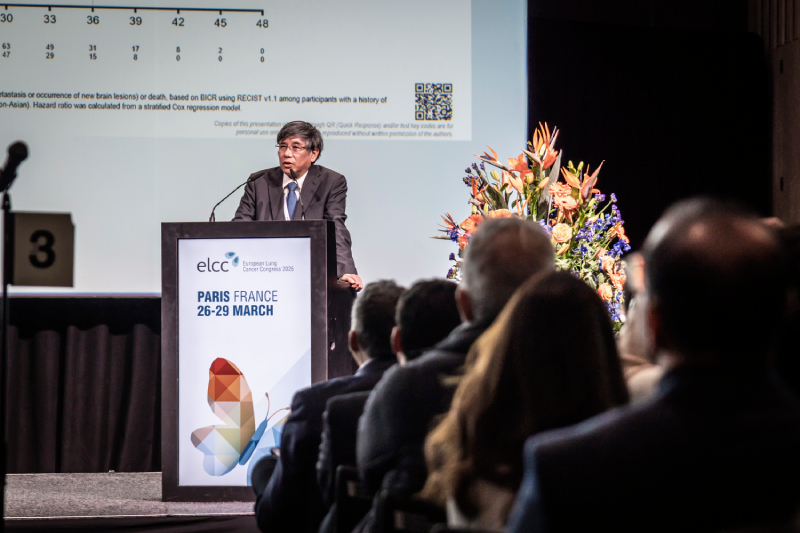


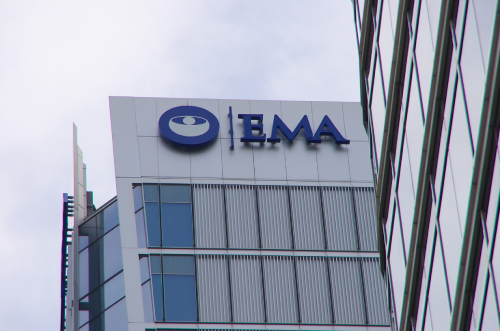













 © 2025 Mashup Media, LLC, a Formedics Property. All Rights Reserved.
© 2025 Mashup Media, LLC, a Formedics Property. All Rights Reserved.